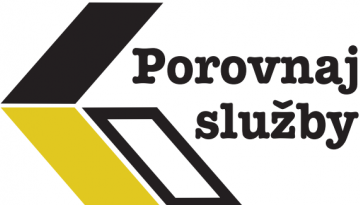Monitorujeme 1696 zdrojov
 BritskĂŠ listy.cz 21.02.2020 01:34 The Czech Republic is a
country of renowned medieval and nationalism studies. In these two
fields, the country is prominent on the world stage in terms of
historical methodology. But it is lagging behind when it comes to
contemporary history. Political and intellectual elites, even some
scholars, still have little grasp of the issues surrounding
contemporary history. Feelings are so raw when it comes to communism
that rationality seems to give way to emotion. There is a general and
overarching confusion about the differences between politics,
justice, and history: as if paying tribute to the victims, punishing
the culprits, and writing the history of this period amount to one
and the same. They do not. There is even more confusion concerning
the status of the witness/survivor and that of âhistorical truthâ,
as if the second could only be enacted by the first. I will use two
recent examples to make my point: the
pressure exerted by Minister of Culture LubomĂr ZaorĂĄlek on the
Lidice Memorial Director Martina LehmannovĂĄ for her to resign,
and the interview granted by Neela WinkelmannovĂĄ to journalist
Barbora TachecĂ on Czech radio, in
which they discussed the social usefulness of the Institute for the
Study of Totalitarian Regimes.
BritskĂŠ listy.cz 21.02.2020 01:34 The Czech Republic is a
country of renowned medieval and nationalism studies. In these two
fields, the country is prominent on the world stage in terms of
historical methodology. But it is lagging behind when it comes to
contemporary history. Political and intellectual elites, even some
scholars, still have little grasp of the issues surrounding
contemporary history. Feelings are so raw when it comes to communism
that rationality seems to give way to emotion. There is a general and
overarching confusion about the differences between politics,
justice, and history: as if paying tribute to the victims, punishing
the culprits, and writing the history of this period amount to one
and the same. They do not. There is even more confusion concerning
the status of the witness/survivor and that of âhistorical truthâ,
as if the second could only be enacted by the first. I will use two
recent examples to make my point: the
pressure exerted by Minister of Culture LubomĂr ZaorĂĄlek on the
Lidice Memorial Director Martina LehmannovĂĄ for her to resign,
and the interview granted by Neela WinkelmannovĂĄ to journalist
Barbora TachecĂ on Czech radio, in
which they discussed the social usefulness of the Institute for the
Study of Totalitarian Regimes.
Nie sĂş nĂĄjdenĂŠ Ĺžiadne ÄlĂĄnky.
Nie sĂş nĂĄjdenĂŠ Ĺžiadne ÄlĂĄnky.
















